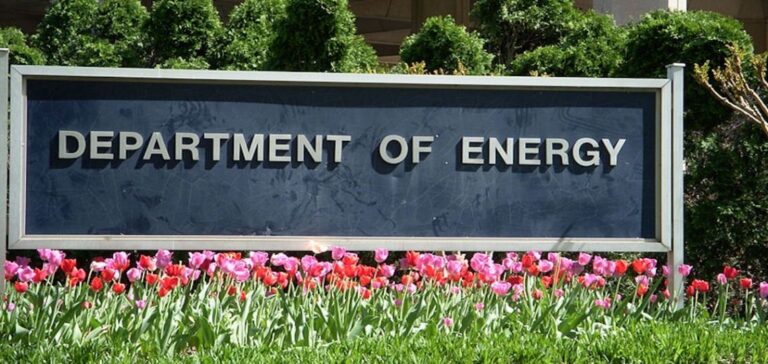The U.S. Department of Energy (DOE) announced the suspension of seven energy efficiency standards, affecting multiple sectors of domestic energy consumption. The standards concerned products such as gas instant water heaters, air conditioners, washing machines, commercial refrigerators, and air compressors. According to the DOE, these rules were deemed “restrictive” and could lead to higher costs for consumers while reducing available options on the market.
This decision is part of a broader strategy by the current administration, led by the Trump administration, which focuses on reducing the financial burden on households. Energy Secretary Chris Wright emphasized that the suspension aimed to protect consumers by lowering the cost of household appliances and fostering greater competition in the home appliance market.
Energy Standards Announced Under the Biden Administration
The suspended standards were designed under the Biden administration to reduce the energy consumption of household products and thus limit their environmental impact. Among the affected products, gas instant water heaters were particularly targeted, as they were required to comply with stricter performance standards. The goal was to reduce greenhouse gas emissions while promoting innovation in more energy-efficient technologies.
However, the new requirements, deemed costly by some industry players, sparked criticism. Manufacturers like Rinnai Corporation, which specializes in gas water heaters, expressed concerns, arguing that the implementation of these standards would have removed popular and effective products from the market, to the detriment of consumers.
Reactions in the Energy and Political Sectors
The DOE’s decision has triggered a divided reaction within the sector. On one hand, some industry players in the gas and home appliance sectors supported the suspension, claiming it provided relief to a market already strained by high costs. In January 2025, a group of 21 Republican state attorneys general filed a lawsuit to contest the new standards for gas instant water heaters, arguing that these products would become unaffordable for a significant portion of the U.S. population. Additionally, Republican lawmakers such as Representative Gary Palmer and Senator Ted Cruz introduced resolutions in Congress to disapprove of the standards.
On the other hand, energy efficiency advocates expressed their discontent. The Appliance Standards Awareness Project (ASAP) criticized the suspension, arguing that the proposed standards would have resulted in significant savings for consumers, particularly on their energy bills. According to ASAP, the absence of these standards could also hinder the U.S. efforts to meet its climate goals by reducing the ecological impact of household appliances.
The New Energy Efficiency Categories
To address the concerns of industry players, the DOE proposed the creation of new energy efficiency categories. Specifically, tankless gas water heaters will now benefit from an exemption, allowing them to continue being sold without complying with the new energy standards. This move aims to relieve manufacturers while still maintaining some form of regulation.
However, experts from organizations such as the Natural Resources Defense Council (NRDC) have warned against these exemptions. They expressed concerns that such maneuvers could set a dangerous precedent, allowing companies to bypass energy efficiency standards, thus delaying the adoption of eco-friendly and energy-efficient technologies.
A Dilemma Between Costs and Ecological Transition
This situation raises a major dilemma for U.S. energy policies: how to balance reducing costs for consumers with the need to accelerate the energy transition? On one hand, suspending these standards aims to alleviate the financial pressure on American households, but on the other hand, it could slow efforts to reduce long-term greenhouse gas emissions and hinder the adoption of more energy-efficient technologies.
In a global energy crisis and amidst growing concerns about inflation, American policymakers face a complex challenge. Finding a balance between immediate economic priorities and long-term energy and climate commitments may prove crucial in the years to come.






















